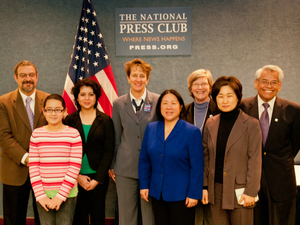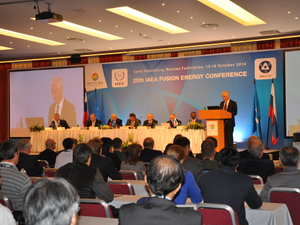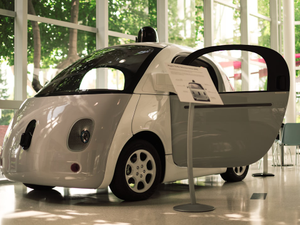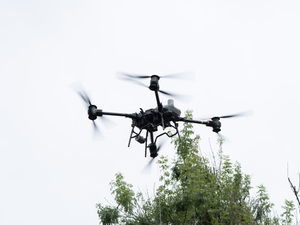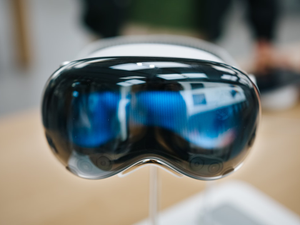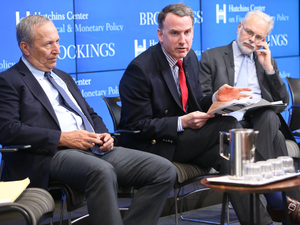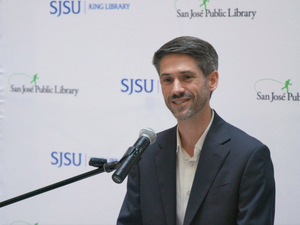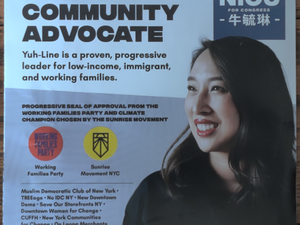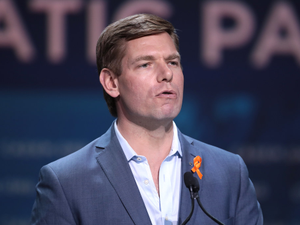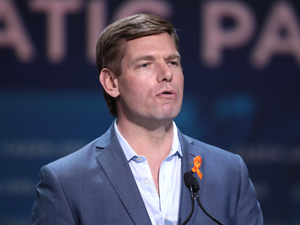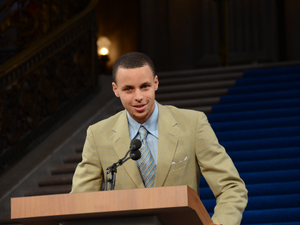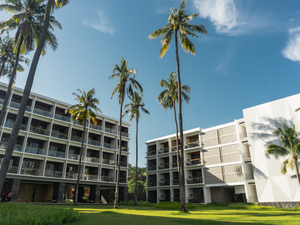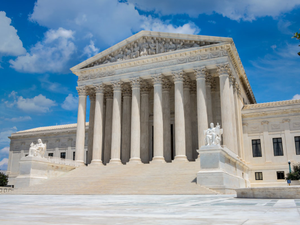How the US Could Lose Its Tech Talent Pipeline to Strict Visa Policies

Photo by Luca Bravo on Unsplash
The future of American technological innovation hangs in the balance as the Trump administration considers aggressive restrictions on international student visas, particularly targeting Chinese students in STEM fields.
With over 880,000 international students currently enrolled in US colleges and universities, a significant portion of advanced research and development could be at risk. In critical fields like artificial intelligence, international students make up a staggering percentage of graduate programs - over 36 percent of STEM master’s degrees and 46 percent of STEM PhDs were awarded to international students in the 2021-2022 academic year.
Experts warn that these proposed visa restrictions could devastate the US tech ecosystem. “If you were aiming to help China beat the US at AI, the first thing you would do is disrupt the flow of top talent from all around the world into the US,” says Helen Toner from Georgetown University’s Center for Security and Emerging Technology.
The potential brain drain extends beyond research laboratories. Immigrants have been critical to technological innovation, founding or co-founding nearly two-thirds of top AI companies in the United States. Universities like the University of Chicago already see over 57 percent of their newly enrolled computer science PhD students as international nationals.
Economist William Lazonick emphasizes that foreign students have been essential to maintaining graduate programs in science and engineering, especially as American students increasingly choose careers in finance over hard sciences. International students not only contribute intellectually but also financially, often paying full tuition and creating additional educational opportunities.
As the US considers these restrictive policies, other countries are positioning themselves to attract top global talent. “Hong Kong is trying to attract Harvard students. The UK is setting up scholarships,” notes Shaun Carver from UC Berkeley’s International House. What might seem like a nationalist policy could ultimately undermine the very technological leadership the administration claims to protect.
The stakes are clear: maintaining America’s technological edge depends on remaining an attractive destination for the world’s brightest minds.
AUTHOR: mb
SOURCE: Wired

